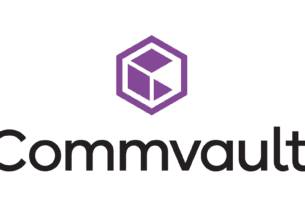With global revenues from artificial intelligence (AI) software expected to top $62 billion by the end of this year, companies across industry sectors are finding increasingly innovative use cases for the technology. AI brings with it the ability to automate many administrative-intensive functions at scale. When it comes to marketing, AI can help identify new audiences while optimising spend on campaigns.
“Organisations and agencies are looking for increasingly inventive ways to get the most value possible from their marketing investments. Budgets are tighter than ever in the post-pandemic market. Optimising return on investment is something most organisations have prioritised. This is putting pressure on the marketing function to not only target the right customer segments, but also do so in ways that yield the best results. This is where AI becomes an enabler for optimisation and growth,” says Frik van der Westhuizen, Marketing Director at leading independent customer relationship management company, LoyaltyPlus.
Much of marketing is built on effective data analytics to understand customer segments and develop the most relevant campaigns for those segments. AI brings with it the capability to analyse the exponentially expanding data real estate faster than what human operators can do. This provides users with a platform to apply insights more holistically. It also delivers the means to discover audiences that might have been overlooked in the past and identify existing audiences that have become irrelevant.
“Reaching new audiences can translate to new customers, more revenue, and growth that is becoming increasingly difficult to accomplish in a highly competitive environment. Perhaps the most important aspect of AI is that it can achieve its objectives efficiently. There are no wasted resources, and the real-time nature of the technology ensures leadership can make decisions to adapt to changing customer needs much faster than previously possible,” adds van der Westhuizen.
Furthermore, when it comes to campaign management, AI can automatically manage online search bids, coordinate paid keyword purchases and even take care of digital display network placements with little or no user intervention required. However, some traditionalists are still resistant to let the ‘machine’ take over what used to be a creative function when it comes to keyword identification. Even so, AI can identify the most in-demand keywords as searched for by users. This can be done at a micro-level to ensure the right targeting can take place especially when it comes to social media campaigns.
“If the pandemic has shown companies and marketers anything then it is how users expect to be engaged with by a brand on their digital channel of choice. Whether it is in the search, on social media, via the company site using a chat bot, or anything else, the communication must be relevant and designed to reflect the needs of that user. Successful, modern campaigns can no longer rely on the vagaries of a ‘spray and pray’ approach. Instead, it is about using targeted customer data, performing AI analysis at speed, and delivering something more bespoke to deliver that differentiation,” he says.





